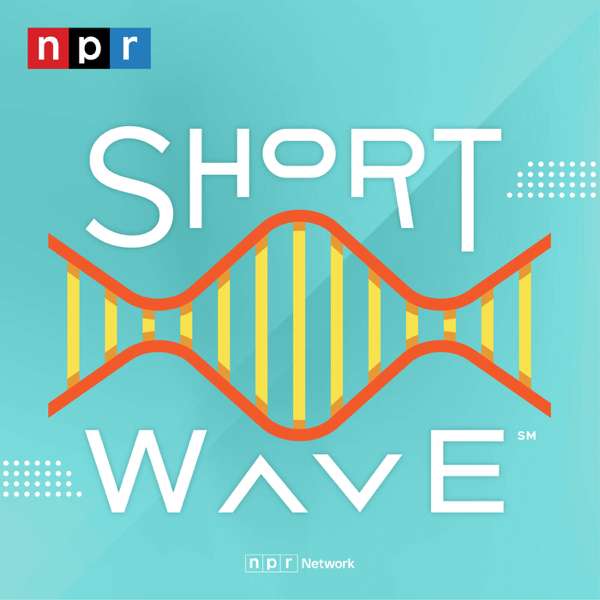Science shapes every part of our lives, but so much of its influence is overlooked or buried in the past. Tiny Matters is an award-winning podcast about tiny things — from molecules to microbes — that have a big and often surprising impact on society. From deadly diseases to forensic toxicology to the search for extraterrestrial life, hosts and former scientists Sam Jones and Deboki Chakravarti embrace the awe and messiness of science and its place in history and today, and how it could impact our world’s future. New episodes every Wednesday. Tiny Matters is brought to you by the American Chemical Society, a non-profit scientific organization based in Washington, D.C., and is produced by Multitude.
- Home
- Top Charts
- Top Networks
- Top Apps
- Top Independents
- Top Podfluencers
- Top Picks
- Top Business Podcasts
- Top True Crime Podcasts
- Top Finance Podcasts
- Top Comedy Podcasts
- Top Music Podcasts
- Top Womens Podcasts
- Top Kids Podcasts
- Top Sports Podcasts
- Top News Podcasts
- Top Tech Podcasts
- Top Crypto Podcasts
- Top Entrepreneurial Podcasts
- Top Fantasy Sports Podcasts
- Top Political Podcasts
- Top Science Podcasts
- Top Self Help Podcasts
- Top Sports Betting Podcasts
- Top Stocks Podcasts
- Podcast News
- About Us
- Podcast Advertising
- Contact

 Our TOPPODCAST Picks
Our TOPPODCAST Picks  Stay Connected
Stay Connected







